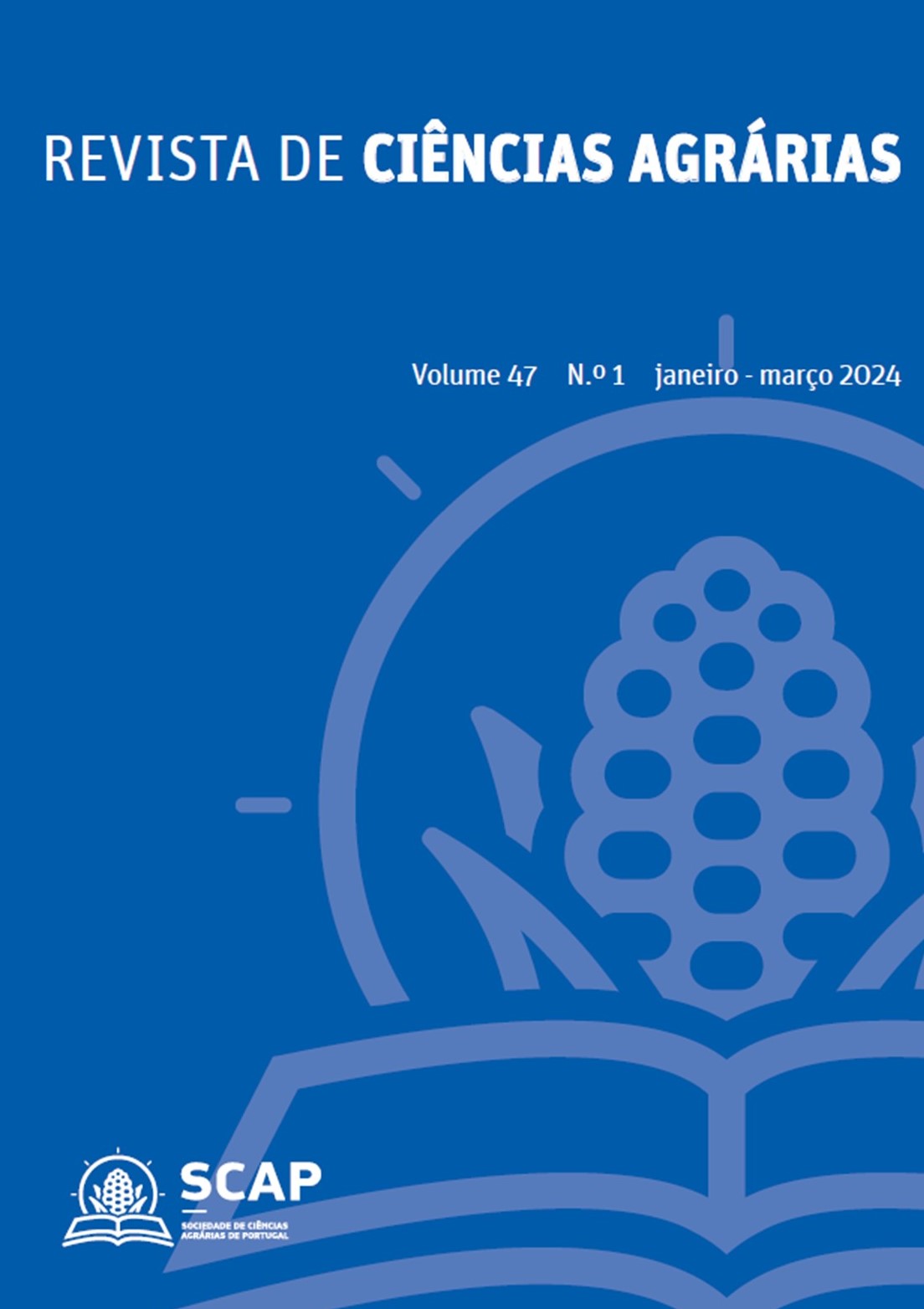Field trials of different herbicide strategies for palmer amaranth control in maize crop in Catalonia
DOI:
https://doi.org/10.19084/rca.34987Abstract
Among the measures foreseen in the containment strategy of the invasive weed Amaranthus palmeri in Catalonia, it is included the need to provide solutions to farmers in the framework of integrated managemen. Many herbicide formulations authorized in the cultivation of maize have regulatory limitations due to the risk of generating environmental residues, among which stand out the obligation to leave buffers or non-spray or the prohibition to repeat the use of an active substance in the same field during several campaigns. Some active substances such as S-metolachlor or terbuthylazine have their application restricted to one application in 3 years on the same field . These regulatory limitations, together with the presence of populations resistant to ALS inhibitors, make it necessary to carry out trials to test solutions that allow the development of a 3-year strategy, adapted to the regulatory limitations of the currently authorized formulations. The results of the trials carried out by the Plant Health Service of Catalonia, in 2023, are presented in this comunication, in which it has been possible to verify that the combinations with dimethenamid-P have been effective for the control of Amaranthus palmeri in pre-emergence cultivation.


